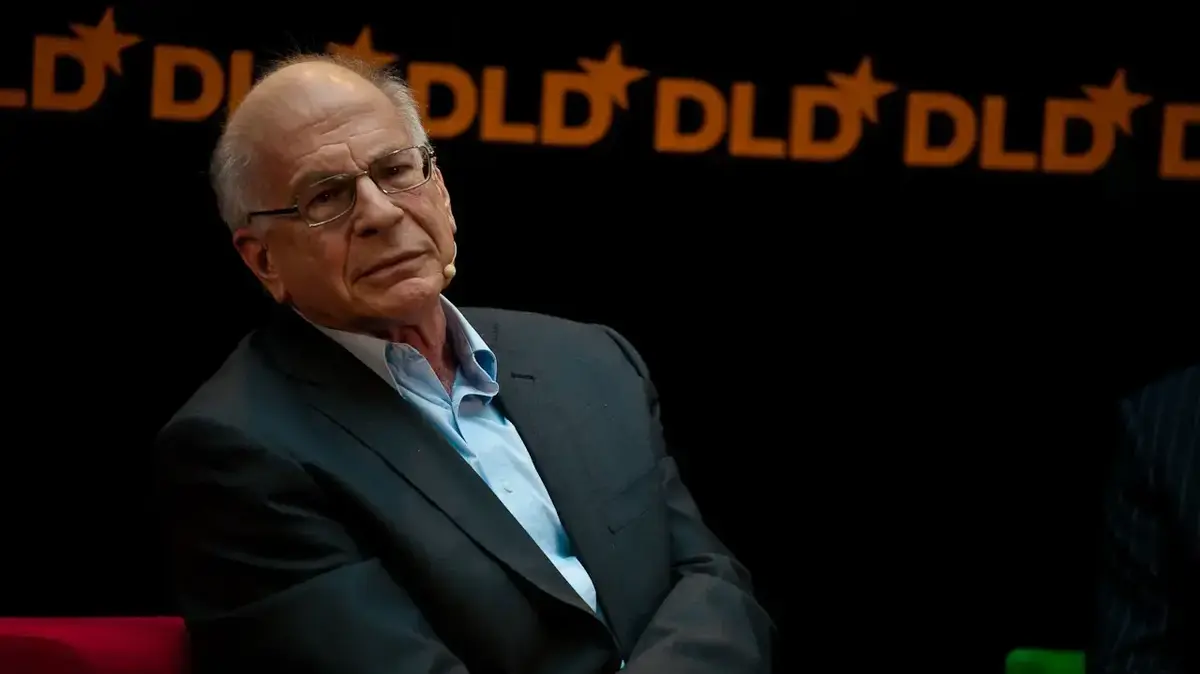Surprisingly, Reinhard Genzel, the Director at the Max Planck Institute for Extraterrestrial Physics (MPE) in Garching, was awarded the Nobel Prize in Physics on Tuesday.
What this decision has to do with the astronomy expert from Weilheim, editor-in-chief of the “Max Planck Research” magazine and member of the press office of the Max Planck Society (MPG), Helmut Hornung, and why congratulations on the day the decision was announced for the Nobel Prize, he says in an interview with this newspaper.
When the public heard of Reinhard Genzel's Nobel Prize in Physics, there was certainly a lot going on at the MPG.
After Reinhard Genzel received the call from Stockholm and shortly afterwards it was officially announced that he would be awarded the Nobel Prize in Physics, we in the press office suddenly had our hands full: We had to report this news, publish information about Genzel's work and prepare a press conference at the institute to which we immediately invited.
In addition, many journalists and news agency employees have contacted us to report on the subject or to interview the newly crowned Nobel Prize winner.
And then many have congratulated you?
Yes, in fact my colleagues and I received a lot of congratulations for this Nobel Prize the day before yesterday - even if we were not involved in the research.
I think the well-wishers meant the “Max Planck Society” as a whole.
Can non-astronomers understand what the Nobel Prize was awarded for?
Genzel discovered more than 20 years ago that there is a dark, massive object around 26,000 light years away in the heart of our Milky Way - most likely a black hole.
He received the Nobel Prize for developing a method to observe this dark object.
To do this, Genzel's team interconnected four individual telescopes, each with a mirror diameter of eight meters, which achieve such a good resolution that they would show a coin on the moon.
This has enabled indirect detection of this putative black hole.
He has also discovered various relativistic effects in his environment.
Was it likely that the Nobel Prize would go to the MPE in Garching?
No, that was not to be expected at the moment because the Nobel Prizes in Physics in 2017 and 2019 were also awarded to astrophysicists.
In addition, Genzel has already received the prestigious "Crafoord Prize", which is usually awarded in disciplines that the Nobel Prize does not cover.
It is extremely unusual for someone to receive this prize and later the Nobel Prize.
That's why we were all really surprised - including Reinhard Genzel himself.















